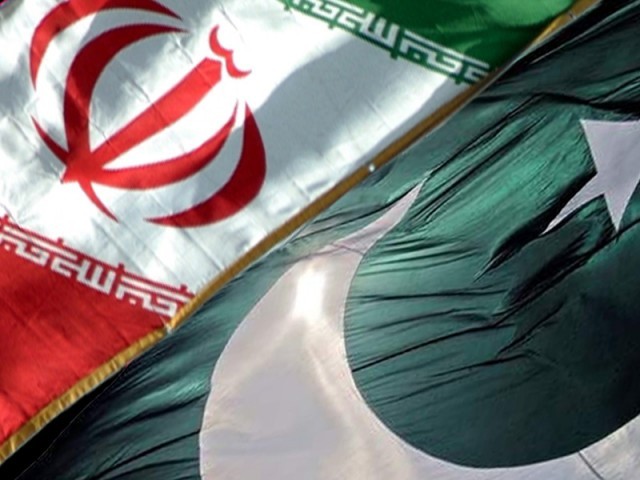OFAC Amends Iran FAQs, Issues General License J-1
Acting consistent with its pledge to update its Iran-related Frequently Asked Questions (FAQs) as new questions arise, the U.S. Department of the Treasury’s Office of Foreign Assets Control (OFAC) issued further revisions to its FAQs relating to the U.S. sanctions-lifting under the Joint Comprehensive Plan of Action (JCPOA) – the nuclear accord between the U.S., other major world powers, and Iran. These revisions aimed to resolve lingering doubts regarding U.S. intentions should the JCPOA’s snapback provision – in which U.S. and international sanctions targeting Iran would be restored following a breach of the nuclear accord – be triggered and take effect. In tandem with this revision, OFAC also issued General License J-1 to amend GL J so as to permit the re-export of Eligible Aircraft to Iran for temporary sojourn that involve code-sharing arrangements. In undertaking these simultaneous actions, OFAC is acting consistent with the U.S.’s JCPOA obligations to provide clear guidance on the U.S.’s lifting of sanctions in order to ensure their full effectiveness.
In its amendment to FAQ M.4 and M.5, OFAC sought to reduce the risks for U.S. and non-U.S. parties alike should the United States snapback sanctions on Iran in the future. Previously, OFAC had simply stated that the “U.S. government has a practice of working with U.S. or third-country companies to minimize the impact of sanctions on the legitimate activities of those parties undertaken prior to the imposition of sanctions, and [it] anticipates doing the same in the event of a JCPOA sanctions snapback.” This proved not quite as helpful as intended, as U.S. and non-U.S. parties remained reluctant to engage Iran without having confidence that they would not be left on the hook for deals undertaken but not wholly consummated.
To remedy this problem, OFAC has now signaled its intention to “provide non-U.S., non-Iranian persons a 180-day period to wind down operations in or business involving Iran that was consistent with the U.S. sanctions lifting under the JCPOA and undertaken pursuant to a written contract or written agreement entered into prior to snapback.” Moreover, OFAC stated that if “a non-U.S., non-Iranian person is owed payment at the time of snapback for goods or services fully provided or delivered to an Iranian counterparty prior to snapback pursuant to a written contract or written agreement entered into prior to snapback and such activities were consistent with U.S. sanctions in effect at the time of delivery or provision, the U.S. government would allow the non-U.S., non-Iranian person to receive payment for those goods or services according to the terms of the written contract or written agreement.” OFAC also underlined its intent to do the same for non-U.S., non-Iranian persons owed repayment for loans or credits extended to Iranian parties prior to snapback, as well as for U.S. persons and U.S.-owned or-controlled foreign entities owed payment for goods or services fully provided or delivered in accord with an OFAC license prior to the snapback of sanctions. It is clear that OFAC intends these amendments to mitigate the fear that U.S. and non-U.S. parties have in undertaking business with Iran at a time in which political volatility regarding the JCPOA remains high and U.S. sanctions are at risk of “snapping-back,” exposing such parties to substantial risk of being unable to receive payment from their Iranian counterparties. While OFAC’s FAQs do not have the force of law and cannot bind the incoming Trump administration to adopt the policy outlined in the amended FAQs, OFAC’s preemptive adoption of this policy could act as an effective constraint on a Trump administration insofar as foreign parties best observe U.S. sanctions when OFAC acts in a manner that is both consistent and predictable.
Simultaneous with these FAQ amendments, OFAC issued General License J-1 to amend General License J providing for the re-export of Eligible Aircraft to Iran on temporary sojourn. Under General License J, non-U.S. persons (i.e., foreign air carriers) were authorized to re-export Eligible Aircraft (i.e., U.S.-origin aircraft or non-U.S.-origin aircraft of which U.S.-controlled content constituted 10 percent or more of the value of the aircraft) to Iran on temporary sojourn, provided a number of conditions outlined in subsection (b) of the license were observed. Amongst those conditions, the Eligible Aircraft could not carry a flight number issued to an Iranian air carrier (i.e., no code-sharing agreement or arrangements).
This condition proved especially problematic for certain foreign air carriers that either had pre-existing code-sharing agreements with Iranian airlines (e.g., Turkish Airlines) or were in the process of seeking such code-sharing agreements. Following the issuance of General License J, there was widespread speculation that OFAC would provide additional guidance regarding whether and how code-sharing agreements could be effectuated with Iran. By issuing General License J-1, OFAC has started to provide its answer, as this particular condition was deleted from the license. As a result, foreign airlines can now re-export Eligible Aircraft to Iran on temporary sojourn that involve code-sharing agreements, subject to all the other conditions outlined in General License J-1.



